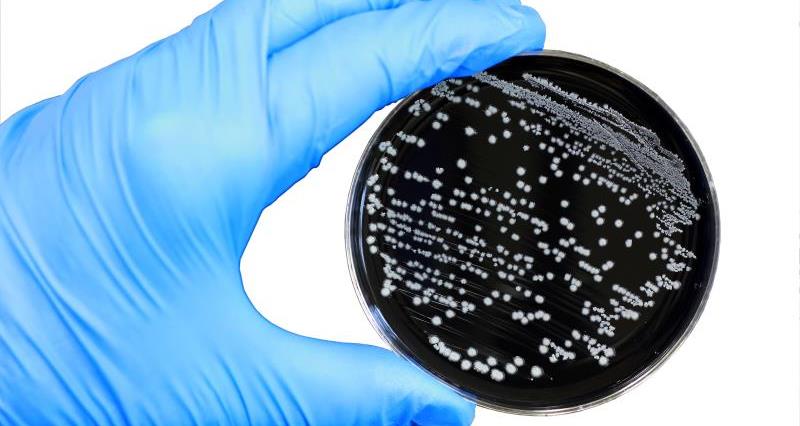RUMA, which works independently with organisations involved in all stages of the animal food chain from ‘farm to fork’, supports the report’s main findings, saying the battle to maintain the efficacy of antibiotics requires global focus combined with local action across both human and animal medicine.
John FitzGerald, RUMA’s secretary general, said: “We also understand the report’s ambition to develop long-term targets. The industry has long recognised the beneficial role targets can play, but is acutely aware that inappropriate targets can also be counterproductive and even lead to increased risk of resistance.
“So we are delighted to announce the setting up of this task force which will harness the expertise of specialists across different sectors and work proactively with the authorities to look at identifying effective, evidence-based goals that work for our UK livestock sectors and protect animal welfare.”
He added that the UK focus was especially important as while there were important lessons to learn from other countries’ experiences in reducing antibiotic use, direct comparisons were never simple.
“It should be remembered that the Danish government invested heavily to allow its pig farmers to build new high-health premises; and in reducing its antibiotic usage by nearly 60%, the Netherlands is now at approximately the same level of use as the UK. So we must look at how we develop the right goals for our sectors.”
Mr FitzGerald said that RUMA was also pleased to see recognition of the importance of surveillance. “Our UK poultry meat sector set up detailed surveillance of antibiotic use five years ago and through this has been able to replace, reduce and refine antibiotic use and pass on its learnings to other sectors.”
“These include the pig sector, which has just launched an online medicine book and stewardship programme to improve on pig usage data already collected through the Red Tractor scheme, which has been in place since October 2014; and the cattle sector, which announced last year it would be working with vets to collect usage data.”
The NFU was among the founding members of RUMA.
What does the O’Neill report recommend?
- A massive global public awareness campaign
- Improve hygiene and prevent the spread of infection
- Reduce unnecessary use of antimicrobials in agriculture and their dissemination into the environment
- Improve global surveillance of drug resistance and antimicrobial consumption in humans and animals
- Promote new, rapid diagnostics to cut unnecessary use
- Promote development and use of vaccines and alternatives
- Improve the numbers, pay and recognition of people working in infectious disease
- Establish a Global Innovation Fund for early-stage and non-commercial research
- Better incentives to promote investment for new drugs and improving existing ones
- Build a global coalition for real action – via the G20 and the UN
